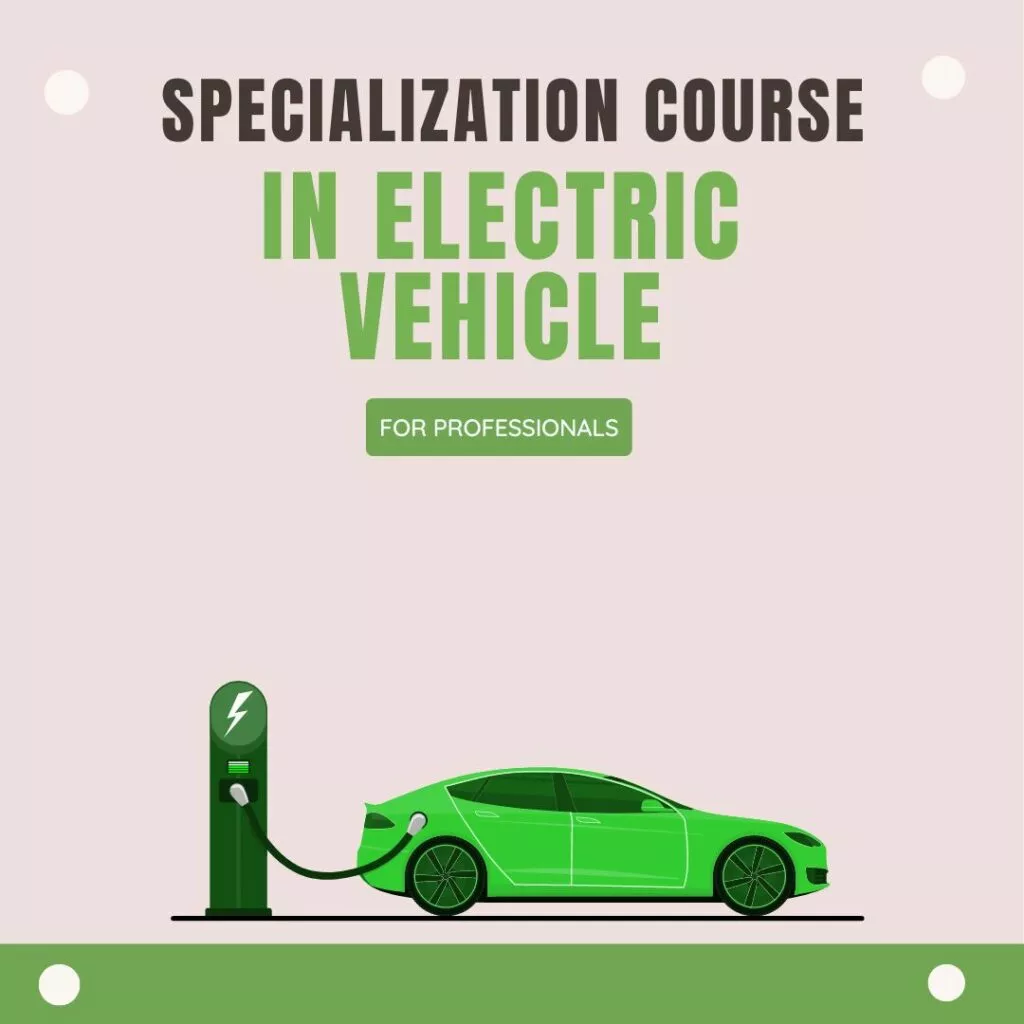Home IELTS Resources English Learning Matthew Jones The Four Types of Conditionals and How to Use Them Matthew Jones The Four Types of Conditionals and How to Use Them Man thinking to show conditionals If you are an intermediate English learner, you have probably encountered conditionals (you just read an example of one!). Matthew Jones The Four Types of Conditionals and How to Use Them However, they are a part of English grammar that can be a little difficult to understand and tiresome. Because there are various kinds of conditionals, each of which serves a significant function, it takes time to learn when and how to use them correctly.
However, conditionals do not have to be monotonous! When utilized appropriately, they can assist you with discussing your fantasies, yearnings, and future prospects. Learning the fundamental rules of grammar is all that is required.
Therefore, in order to acquire a deeper comprehension of their operation, we will examine the various types of conditionals and examples of their application. However, let’s first define the term.
What Are Conditionals?
To put it succinctly, conditionals are statements that provide descriptions of both hypothetical and actual scenarios. Because they typically begin in the same manner, they are frequently referred to as “if clauses.”
A few examples include:
The general truth is that I feel good all day if I eat breakfast.
Future event: I will study tonight if I have a test tomorrow.
Hypothetical situation: I would buy a boat with a million dollars!
Hypothetical outcome: I would have been hired if I had prepared for the interview.
It should be noted that “if” need not be the first word. Even though the majority of them use the word, including “if” in a conditional sentence is not required. In some situations, “when” can also be used in place of “if.”
What can you talk about with them?
Conditionals allow you to go far beyond the limitations of standard English tenses. While some people refer to it as the “conditional tense,” it is more accurately described as the “conditional mood.” This “mood” lets you discuss a wide range of topics, including:
Four Types of Conditionals
There are four fundamental kinds of conditionals: first, second, and third are zero.
Using the first part of a sentence as one type of conditional and the second part as another is also possible. The term “mixed conditionals” is used to describe these sentences.
1. The Zero Conditional
The zero conditional expresses something that is considered to be a universal truth or when one action always follows another.
if (or when) + the present tense | the present tense If (or when) + the past tense | the past tense My teacher was pleased when I completed my homework.*
Water freezes when the temperature drops below 0 degrees Celsius.
When I was afraid, my mother consoled me.*
Orange is produced when red and yellow are combined.
In the conditional, the order of the clauses is not fixed, as you might have noticed. However, you must remove the comma if you move “if” or “when” to the middle of the sentence. All four types are subject to this rule.
*Note: The only type of conditional in which “when” can substitute for “if” is the zero conditional.
2. The First Conditional
The first conditional describes a possible future scenario. The outcome is likely to occur if the condition is satisfied.
if + present tense | will (may/might/can/could/should) + infinitive
I will go shopping if I get paid today. (“ Will” implies a near certainty about the shopping trip if the condition is met.) If we save enough money, we could go to Paris. Could denotes that the outcome is conceivable.)
She might not be happy if she finds out the truth. Might” suggests a degree of uncertainty regarding her happiness in the event that the condition is met.)
If they put in the effort, they can. Can” denotes that the outcome is conceivable.)
I might say something to the man if I see him. May” suggests a degree of uncertainty regarding what to say to him if the condition is met.)
If he is feeling lonely, he should get a dog. Should” means that the speaker is expressing their opinion.)
While the first conditional refers to specific circumstances, this type refers to general truths. In the first conditional, you can use “will,” but you can also use “may,” “might,” “can,” “could,” or “should.” However, as was mentioned earlier, the meaning of the sentence can be altered by using any one of these modal verbs.
3. The Second Conditional
The second conditional can refer to either hypotheticals for the future that are unlikely to come true or actual circumstances that are either impossible or false.
*if + simple past | would/might/could + infinitive (simple or continuous) if + past subjunctive | would/might/could + infinitive
I would travel the world if I were wealthy.
She might get better grades if she put in more effort.
If they were more observant, they might be able to see it.
I wouldn’t be able to speak in front of the President if I met him.
Assuming he played sports, he may be in better shape.
If he knew the right people, he could get the promotion.
Though the second resembles the first conditional in meaning, their structures are distinct. Moreover, the first conditional usually refers to future events that are likely to happen, while the second refers to events that are unlikely to happen (or current impossibilities).
4. The Third Conditional
The third conditional describes a hypothetical outcome that would have occurred in the past as well as an unreal situation that occurred in the past.
if + past perfect subjunctive | would (could/might) + perfect infinitive *if + past perfect | would (could/might) + perfect infinitive I would have kept my mouth shut if I had known how you were going to respond.
We could have discussed the ending if you had seen the movie.
If I had left the house on time, we might have met.
The second and third conditionals can both refer to events that are out of the question. However, while the third makes reference to possibilities from the past, the second makes reference to possibilities from the present (“If I were you…”). Because they have already taken place, the conditions outlined in the third conditional cannot be altered.

















